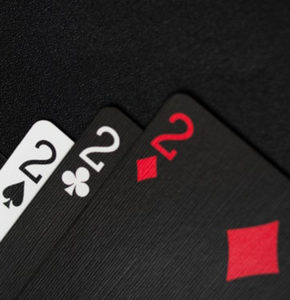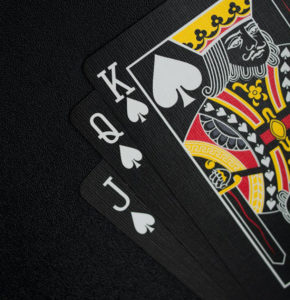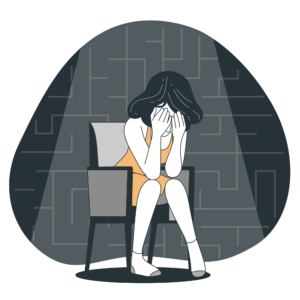


Treatment – How to get help?
There are different types of treatments to treat gambling addiction, including:
Cognitive behavioral therapy,
Psychodynamic therapy,
Group therapy and
Family therapy.
Consequently, gambling addiction affects individuals differently and therefore its treatment varies from person to person.
Hence, support and advice for them to seek help is essential, as long as the person with the addiction agrees to do it, since it should also be remembered also that the person with gambling addiction problems must have done everything unimaginable to hide the problem from the people they love.
Having family support and professional counseling will help to understand the dynamics of addiction, to reflect on how gambling affects the person with the addiction and their loved ones.
If a loved one or or you or a friend and feel that are struggling with gambling problems, please do not hesitate to contact us to provide you with more information from where you can seek help. You can send us an email, call us, message using Whatsapp also you can get in touch with us by visiting our social media.









